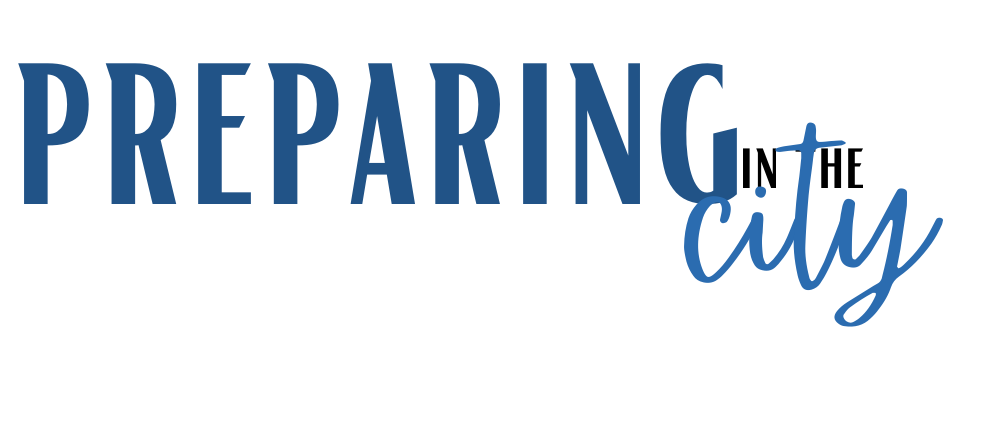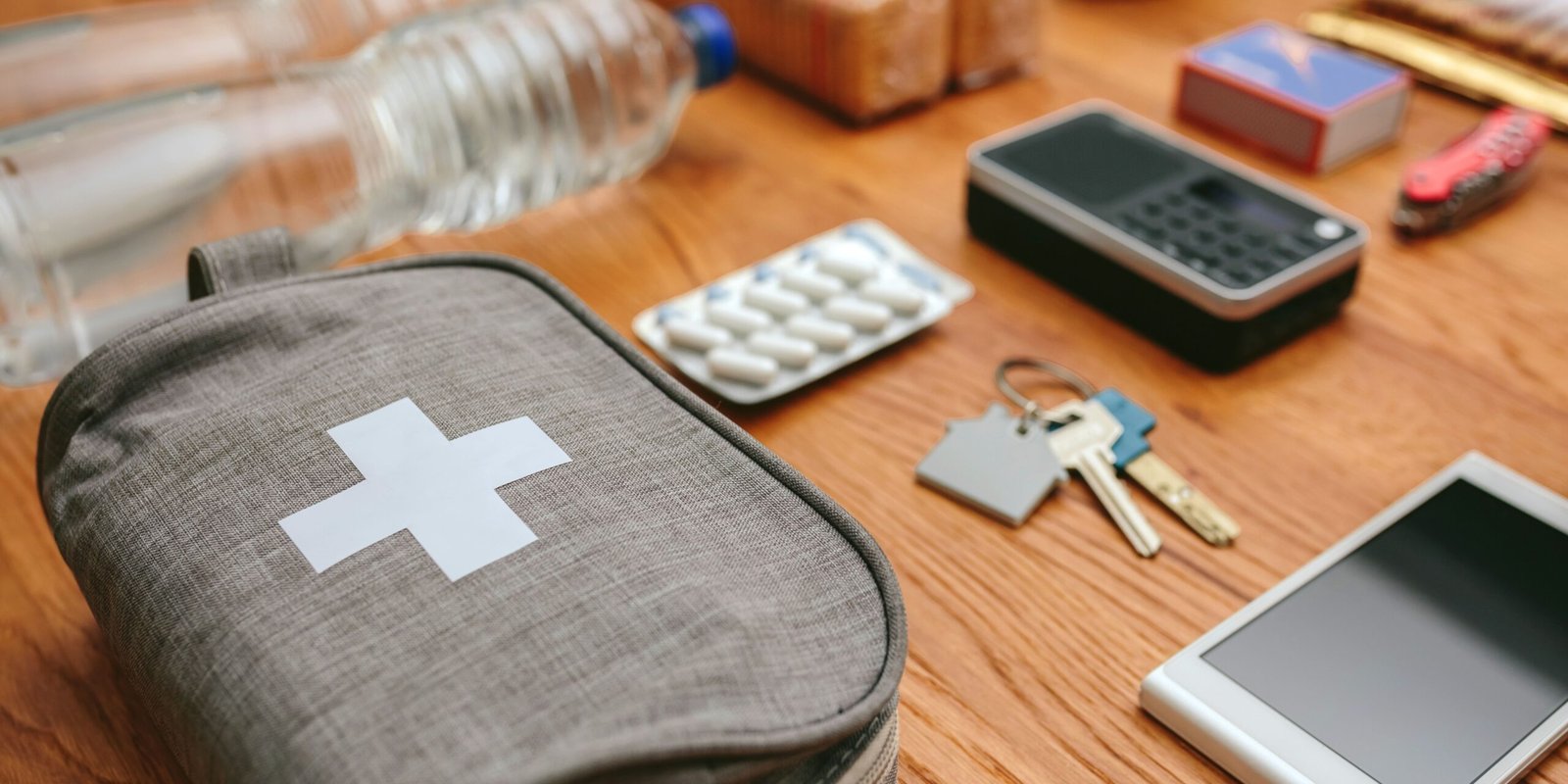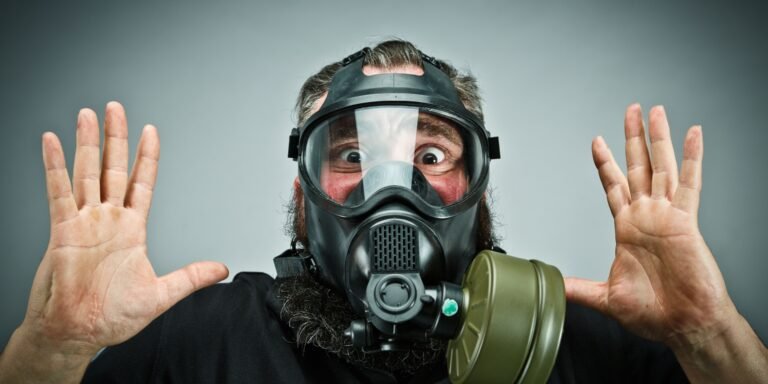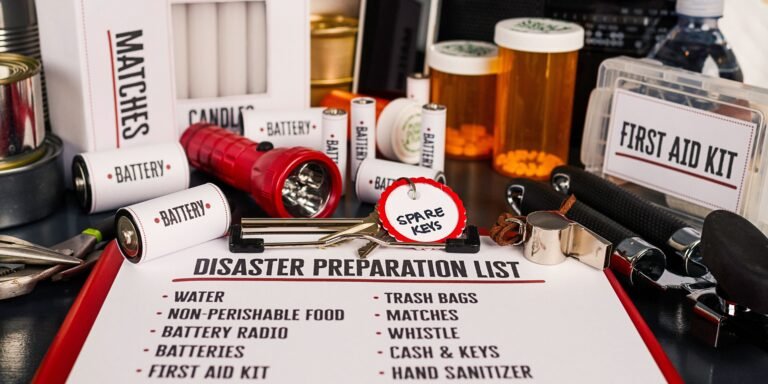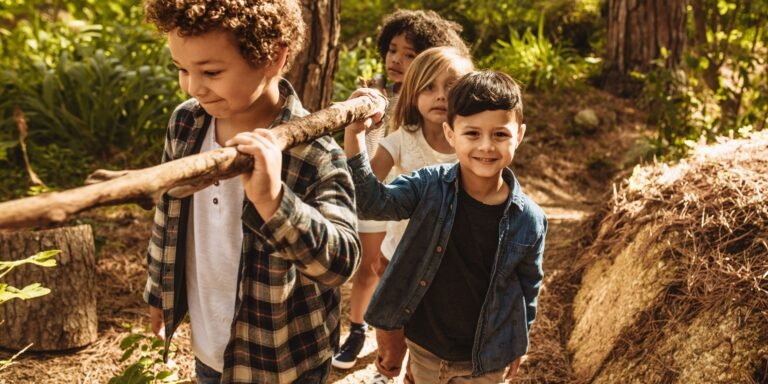21 Costly Mistakes New Preppers Make
This post may contain affiliate links, full disclosure here.
Due to their lack of experience and knowledge, inexperienced preppers are prone to forgetting things and making mistakes. Some are minor and can be corrected immediately; however, others are critical and may lead to larger problems later on.
Most preppers make mistakes and forget things in the following areas:
Planning and risk assessment: supply and storage knowledge, health and sanitation abilities, and a gear prepper mindset.
See also: Top 20 Barter Items to Stockpile
Planning Mistakes
Planning and Risk Evaluation
Before you do anything, assess the threats you are likely to face. As a beginner, it is easy to fall into the trap of planning for every possible scenario. Although this is a fantastic idea, it is neither practical nor feasible.
Prepare for the most plausible threats. Consider the risks associated with your geographical location. For example, if you live near the sea or ocean, be prepared to face hurricanes every year, as well as the possibility of tsunamis.
If you live in the middle of a country, surrounded by nothing but land, you should be prepared for tornadoes rather than tsunamis.
Failure to conduct an adequate risk analysis will result in haphazard preparation. It may reduce the overall efficiency of your preparation efforts and cause problems later on.
Not Having A Plan
When SHTF, it’s easy to lose your cool and succumb to panic. Thus, having a plan is critical to having a clear direction – there will be no need to think; all you have to do when an emergency occurs is execute your survival plan.
A plan is especially useful in extreme emergencies when you must evacuate. Without a plan, you are likely to forget important documents, medications, or other items you are supposed to bring.
Not Thinking About Others Unique Needs
Not everyone in your family is as fit as you are. Some people may have special needs that must be taken into account when planning or preparing. During an emergency, the elderly, pregnant women, children, and disabled family members, for example, will be unable to move quickly. Due to their sensitivity, babies will also require infant formulations and additional protection.
Not Doing Drills
Most preppers don’t forget this one, but they frequently overlook doing it. Disaster simulation is essential for mental preparedness, just as having a sufficient supply of food and developing survival skills are.
By conditioning your mind to think clearly in the midst of a disaster simulation, you will be able to react faster and make better decisions when the real threat arrives. As a result, you should include emergency drills on your prepping checklist.
Supply and Storage
Not Enough Supply
Make sure your family has a sufficient supply of food and water. Calculate each family member’s minimum daily calorie requirement, add the total, and use this value to estimate the amount of food you’ll need to stockpile.
Purchase calorie-dense food products such as beans and rice to save money on food preparation. This will reduce your overall costs without reducing the number of calories available from your food supply.
When SHTF, the government may collapse, causing food and water aid to be delayed. As a result, having a sufficient supply of these items to last for a few months is critical.
Hoarding Is Not Prepping
Prepping does not imply hoarding. Buy only what you need, not too many items and supplies. However, it is a good idea to have some extra items on hand to barter with later.
Remember that every item you purchase must be stocked somewhere. As a result, purchasing too many will only take up valuable storage space.
Buying Wrong Items
Make sure the food you buy is suitable for long-term storage. You never know when a crisis or emergency will occur; it could happen tomorrow, next week, next month, or next year. As a result, you should purchase supplies with long shelf lives so that they can remain fresh until the time comes when you need them.
Furthermore, you must only purchase food that you intend to consume. To avoid wasting food, don’t buy it if you don’t like it. Consider other family members’ diets and allergies as well. If a person follows a vegan or vegetarian diet, then purchase animal-free products. If a family member is allergic to a specific food, avoid purchasing that product to avoid allergic reactions during disasters.
Not Rotating Supplies
Your food stockpile should be made of long-lasting items. However, storing them until they expire and become unsafe for consumption is both impractical and wasteful.
Rotate and replenish your supplies every year or two to ensure that the food is of the highest quality when you need it. When a food item in your stockpile is about to expire, eat it and replace it with a new one.
Not Storing Correctly
Do not keep your food supply in unsuitable conditions. Food products’ shelf lives are shortened by factors such as high temperatures, humid air, and direct sunlight exposure. As a result, you must avoid them.
Make a cool, dry storage area for your food stockpile to ensure it lasts as long as possible.
- See Also: Best Survival Foods with Long Shelf Lives
- Seel Also: Best Emergency Food Bars for Your Survival Pantry
- See Also: Food Dehydration Techniques for Emergencies
- See Also: How To Preserve Rice for Long Term Storage
- See Also: Guide To Storing Flour Long Term
- See Also: Dehydrated Food Shelf Life
- See Also: How To Store Butter For A Long Time
- See Also: How To Store Salt Long Term
- See Also: How To Store Oatmeal Long-Term On Your Food Storage
- See Also: Foods That Last Forever (Great For Emergency)
Keeping Everything In One Place
“Don’t put all your eggs in one basket.” Do not keep all of your food and water in the same location.
It is common for preparedness enthusiasts to have a backup for their backups. It is a practice that takes into account scenarios such as your main storage room being destroyed by a disaster or being overrun by hungry neighbors. This way, you won’t have to worry about losing all of your supplies because you’ll have a backup to fall back on.
Not Taking Inventory
An inventory list enables you to keep track of your current supplies, particularly food and water. It should include the date you purchased the food item as well as the expiration date. This allows you to quickly determine which food products are about to expire so that you can consume them before they expire.
You may easily lose track of the current amount of your supplies if you do not keep an inventory list, which may result in an excess or insufficient supply. It may also result in food waste if the expiration date of the food products is not properly monitored.
Health and Wellness
Staying Fit
During an emergency, you will be required to move constantly, and a healthy body will be required to keep up with the fatigue and stress. As a result, in order to prepare for SHTF, you must get in shape, eat a nutritious diet, and exercise on a regular basis.
Not Caring For Small Wounds
A minor wound can quickly turn into a deadly infection if left untreated, especially during disasters when the air and water are contaminated with dangerous microorganisms. Ignore all wounds, no matter how minor; disinfect, dress, and treat them as soon as possible.
Not Getting Essential Supplies
During disasters, it will be difficult, if not impossible, to obtain medicine. As a result, stockpiling essential medical supplies should be on your prepper checklist. Don’t forget to stock up on first-aid supplies such as disinfectants and bandages. Also, stock up on medications for common health issues such as the flu, common colds, and diarrhea, which are common during disasters.
Not Having A Sanitation Plan
A variety of diseases may emerge during disasters as a result of the unsanitary disposal of human waste. As a result, don’t forget to create an emergency sanitation plan. Purchase an adequate supply of toilet paper, soap, tampons, and a bucket toilet.
Skills and Gear
Inadequate survival skills
Aside from stockpiling adequate supplies, you must be well-equipped as a prepper with a vital skill set in order to survive natural disasters and emergencies. To complete your prepping, you must learn survival skills such as first aid, cooking, gardening, carpentry, self-defense, and others.
Purchasing unnecessary gadgets
Don’t buy gadgets just because everyone else is doing it or because they look cool. Rookie preppers are prone to purchasing flashy but unnecessary gadgets such as credit card knives, keychain survival kits, and so on. Buy multi-tasking tools, pocket flashlights, and household items that are useful and inexpensive.
Purchasing survival equipment without knowing how to use it
When you purchase a piece of equipment, take the time to learn how to use it. Don’t make the mistake of purchasing equipment and then keeping it without even reading the manual; it’s best to learn how to use it right away.
Spending your savings on equipment rather than necessities
Beginner preppers are eager to obtain the most up-to-date equipment and gadgets, believing that this is the best way to prepare for disasters. However, this is a fatal error. Before investing in survival gear, preppers should prioritize stockpiling essential supplies such as food, water, and medications.
Prepper Mindset
Procrastinating
Newbie preppers are prone to procrastination. They have a burst of motivation one day, then lose it all the next. They are prone to putting off tasks that they believe are not urgent, such as filling a barrel for an emergency water supply. However, no one knows when a disaster will strike, so it is critical to complete the tasks right away rather than putting them off for days.
Addiction to the idea of prepping
Getting addicted to prepping is the polar opposite of procrastination. It’s also a common mistake among newbie preppers, who tend to obsess over it. They frequently over-research and overthink their decisions, which disrupts their relationships.
Prepper Mistakes Bottom Line
As a new prepper, you will have to make a lot of decisions. You will almost certainly make mistakes and forget things. However, this should not prevent you from completing your prepper checklist. Take note of the common errors mentioned in this article. Learn from them and apply what you’ve learned to make wise decisions on your prepping journey.
